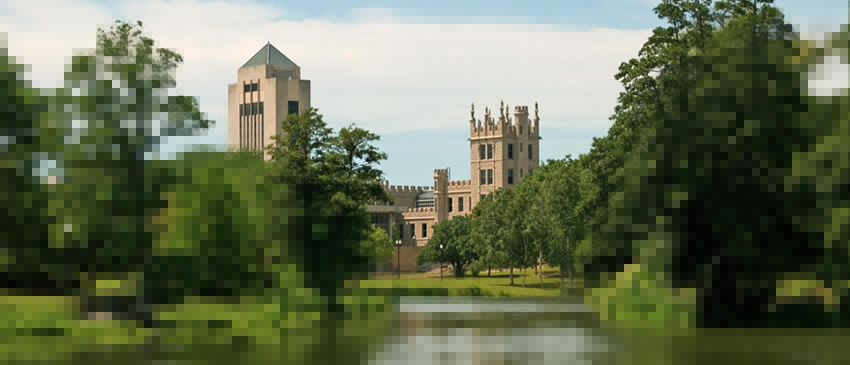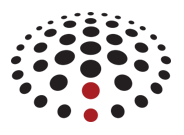
Digital Scholarship at NIU
In keeping with its mission to help the university community to integrate digital technologies into teaching, learning and research activities, the Digital Convergence Lab supports digital scholarship activities.
Digital scholarship can take a number of forms. It can be as simple as the publication of a traditional scholarly work in a digital form, such as that used by many academic journals. Researchers have also used digital technology to develop different ways to present and consider data and communicate their conclusions.
The term digital scholarship can also refer to the use of digital objects as source material or evidence, as in the case of a literary scholar using a text digitized from an analog source, or a born-digital text. The use of a digital text may be preferable for a researcher hoping to use basic word-search technology, or other, more complex means, to explore the text.
Software developers and scholars in a number of academic fields have provided researchers with a wealth of tools.
For example, scholars can use data mining technology to analyze data sets far larger than a human being, or team of individuals, could ever master.
This includes the analysis of texts. A faculty member working in, say, the Health Sciences may use text-mining technology to check the scholarly literature, which has in many cases become too voluminous for an individual to review in person, for publications using specific keywords or terms.
Humanities scholars can also use text-mining to detect patterns or dynamics within very large sets of text materials, such as thousands of works of fiction, at once.
A recent, historically-oriented text-mining project analyzed text found in a daily newspaper over the course of nearly five years.
A large number of scholars have also used text and data mining technology to analyze materials contributed to social media, such as Facebook and Twitter.
Scholars may also use data visualization technology to help them analyze materials or explain their findings.
Geographic Information Systems (GIS) technology provides an example of data visualization. It allows researchers to depict spatial/geographical data in a map form.
Digital scholarship often raises questions about intellectual property and copyright. Because digital materials can so often be easily duplicated or copied, many business organizations, institutions, and individuals have struggled to restrict their use, as in the case of online, scholarly journals available by subscription only, or universities restricting the use of online materials to their own community by credential login.
Universities and scholars in their employ may also understand the ownership of digital materials very differently, with each party considering itself to be the owner of digital materials produced in the course of that employment.
Any of the above forms of digital scholarship produces digital materials, ranging from articles written in MS Word to huge sets of astronomical data. In every case, these materials remain at risk of loss without specific curation and preservation activities.
These activities extend far beyond the basic practice of maintaining backup copies of digital objects, and include storing backups at different geographical locations; virus checking; monitoring file integrity; producing descriptive information about materials that may otherwise seem meaningless to future users, and attaching it to digital objects in a way following standards set by information professionals; using viable backups to replace compromised digital materials; and migrating materials created in proprietary formats (MS Word, etc.) into open formats facilitating their use when the program used to create them has become obsolete.
Drew VanderCreek is Director of Digital Scholarship at Founders Memorial Library and co-Director of the Digital Convergence Lab. Please contact him at drew@niu.edu or 815.753.7179.




